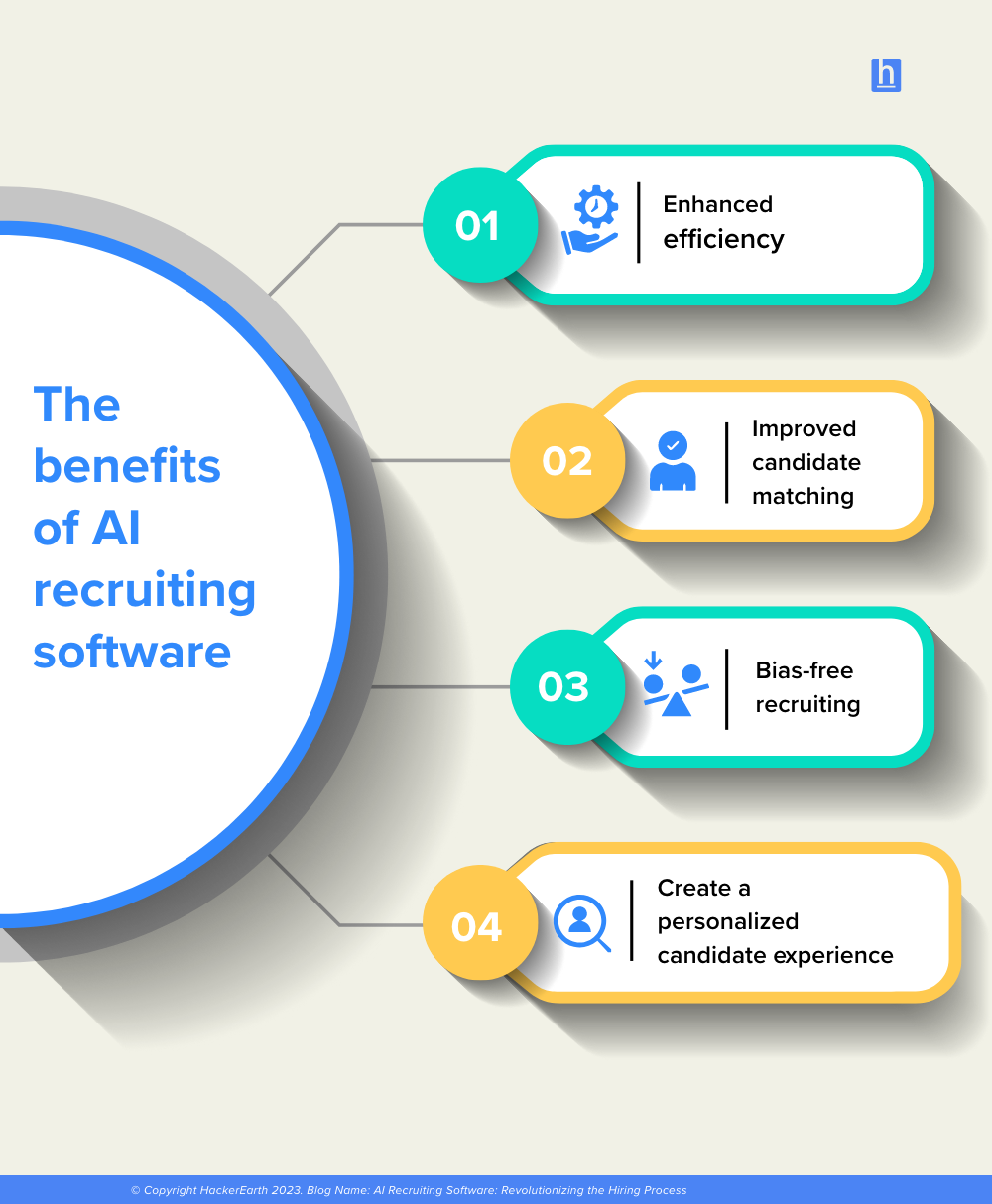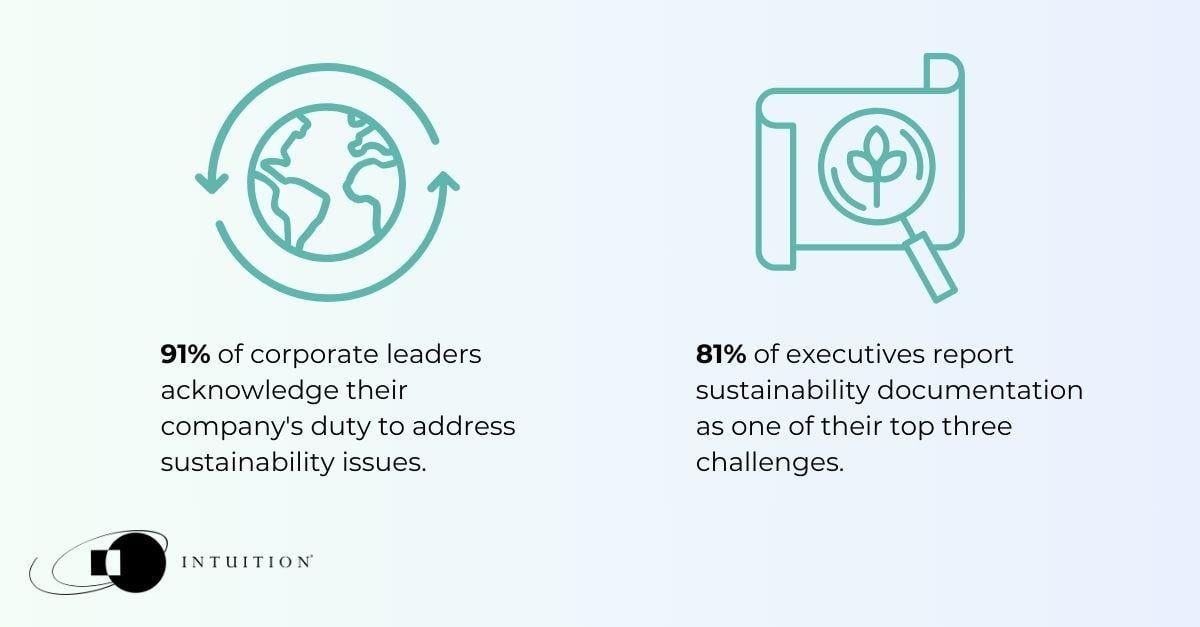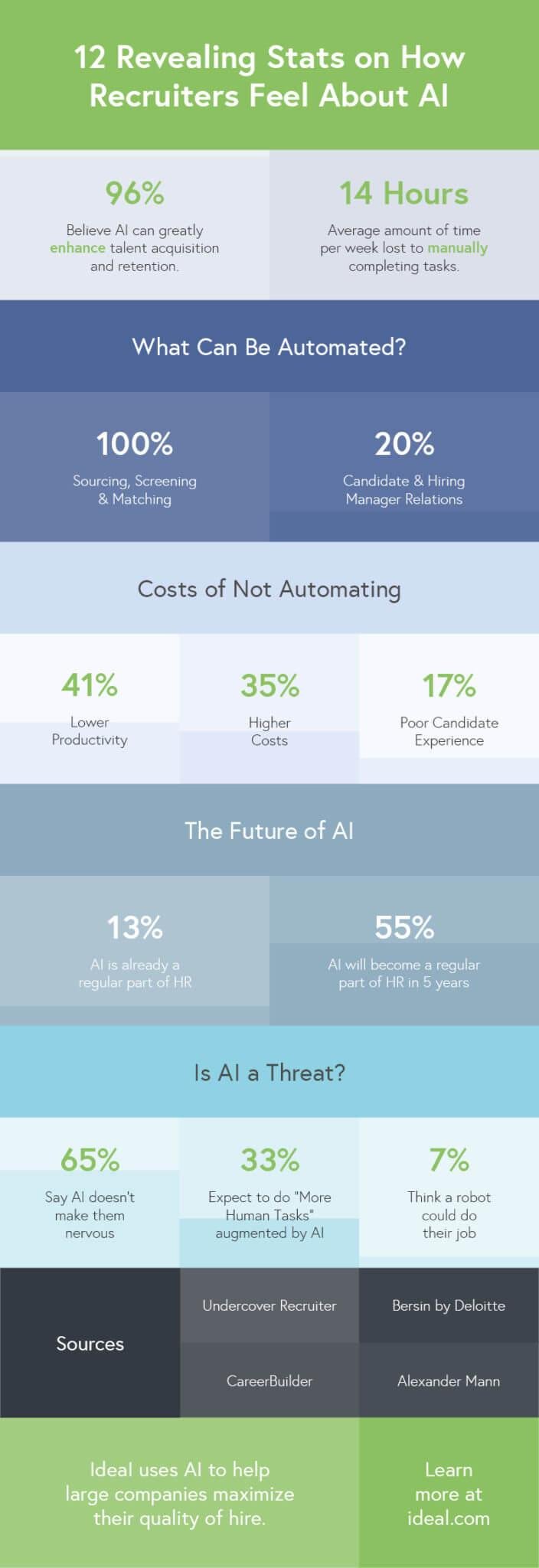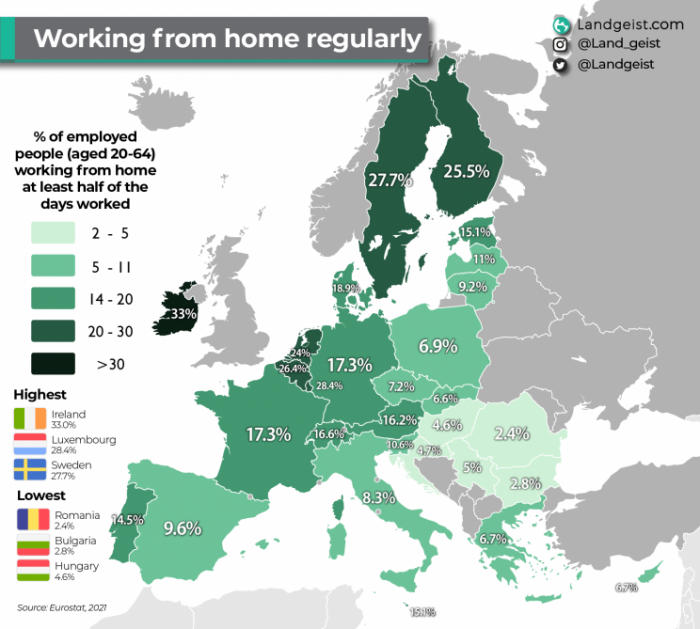
Ireland has been at the forefront in the implementation of WFH arrangement throughout Europe since 2020.
Ten years ago, the concept of remote work was often met with resistance from employers who worried that employees working from home would be less productive.
The idea of not having constant supervision from colleagues and managers was a major concern. The question at the time was whether an employee could be as efficient and productive working from home as they would be in a traditional office setting.
Now, as we settle in 2023, we have asked the Irish managers for their opinions regarding the productivity of their workforce - 50% of the managers surveyed felt that productivity was the same in an office setting as it was in a remote one, while 23% believed that their employees were more productive while working from home.
Remote working arrangement – a perk, or the default?
As the COVID-19 pandemic continues to reshape the way we work, the possibility of remote seems to no longer be a perk, but a requirement for many candidates.
According to a study conducted by WeWork, employees crave flexibility to such an extent that they would be willing to forego some of the most valuable benefits and perks provided by their employers. Approximately 75% of the respondents stated that they would relinquish at least one benefit or perk, such as healthcare benefits, cash bonuses, or paid time off, in exchange for the liberty to select their preferred work setting.
Employee expectations about work from home in Ireland
As part of our inquiry into the perceptions and expectations of candidates regarding remote work, we sought to gauge their views on the likelihood of their employers adopting a fully remote working model.
The data we gathered from the respondents indicated that 41% of them expressed a positive outlook on the prospect of their companies going fully remote, while 28% held a negative perception, suggesting that their organizations may not transition to a completely remote working arrangement.
A sizeable proportion of the respondents (31%) remained uncertain or undecided about the matter, highlighting the complex and nuanced nature of the issue.

Responses to one of the questions posed in the conducted survey.
Managers and employees towards an agreement about working from home
To corroborate the candidate responses, we posed the identical question to managers and received their perspectives on the future of remote work arrangements. Notably, a majority of managers – 65% expressed a positive outlook on remote work becoming the standard working model in the near future. While a minority of managers, 20%, believed that remote work will not be the norm, 15% of surveyed team leaders remained uncertain or undecided about the matter.

Responses to one of the questions posed in the conducted survey.
Based on the results of our inquiry, it is safe to say that candidate perception on remote work no longer seems like just a perk, but rather a significant aspect of modern work culture that has been accelerated by the COVID-19 pandemic.
The fact that most managers have expressed confidence in remote work becoming the standard working model in the near future is indicative of the growing recognition of the benefits of remote work for both employers and employees.
The candidate responses also suggest that remote work has become a necessity, with a significant proportion expressing a positive outlook on the possibility of their employers adopting a fully remote working model.
However, the divergent opinions among managers and candidates also suggest that a hybrid working model, which combines the benefits of remote work with the advantages of in-person collaboration, may be the most effective solution for many organizations.
How about returning to the office full-time?
According to the New York Times, an increasing number of companies are recognizing that mandating a return to the office may lead to a disadvantage compared to their competitors and could result in losing top talent. In certain regions and industries, a workplace culture that revolves around the physical office is becoming an exception rather than the rule.
We asked our respondents what they think about going back to the office full-time. The results indicate that most respondents, 81%, would consider leaving their current organization if they were forced to return to the office full-time by their employer.
10.jpg)
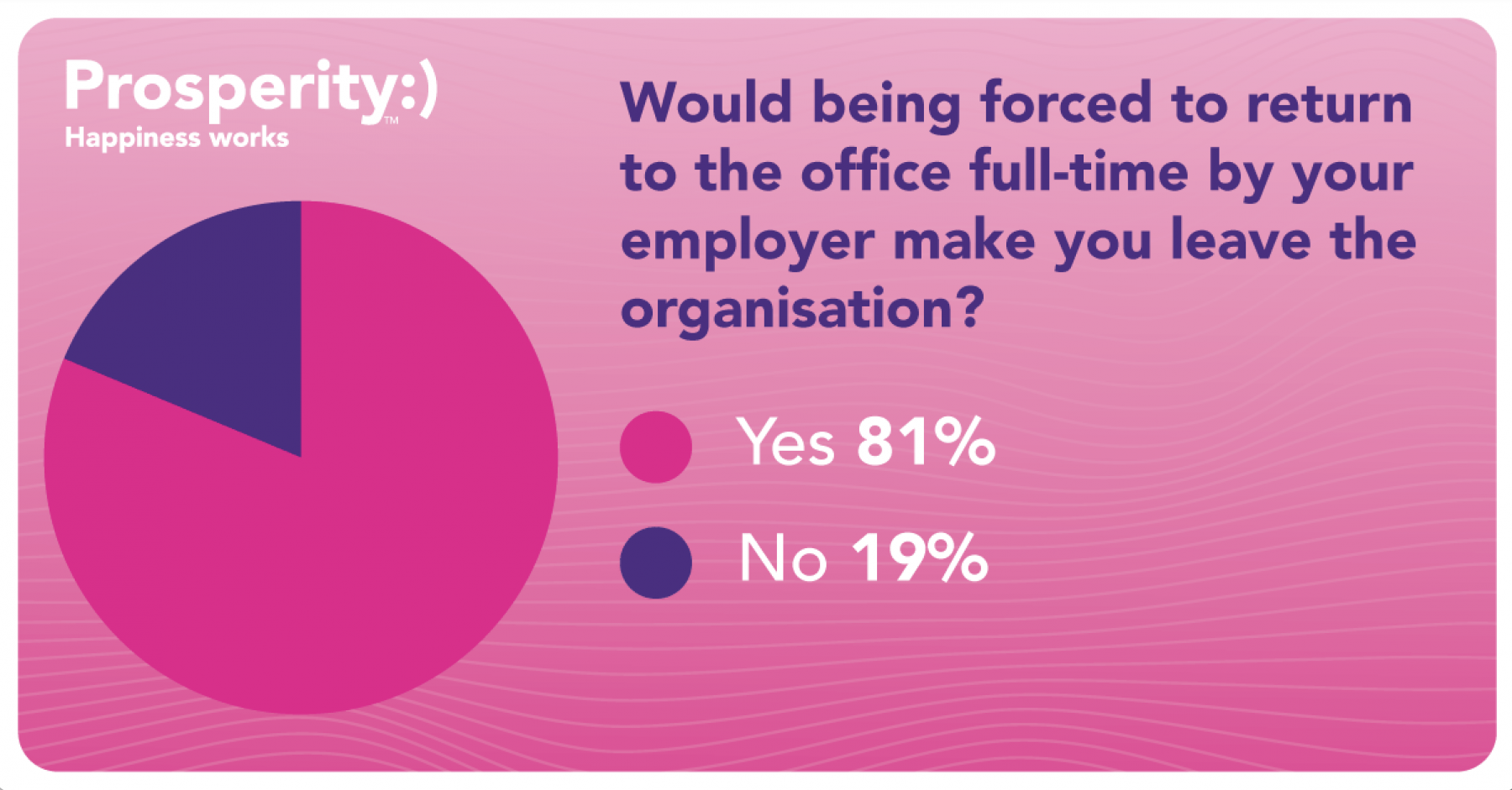
Responses to one of the questions posed in the conducted survey.
This suggests that remote work has become an essential factor for many employees in deciding where to work. The high percentage of respondents who indicated that they would consider leaving their organization also highlights the importance of flexible work arrangements in attracting and retaining talent.
Overall, the findings of our survey underscore the importance of considering the perspectives of employees when making decisions regarding remote work arrangements.
Takeaways
The COVID-19 pandemic has brought about a seismic shift in the way we work, with remote work arrangements no longer being just a perk but a necessary aspect of modern work culture.
Our survey has shown that most managers and candidates believe that remote work might become the norm soon, as it offers benefits for both employers and employees (read more about it in our article about benefits of remote working conditions).
Moreover, companies that mandate a return to the office full-time may risk losing top talent, as our survey has shown that most employees consider remote work arrangements to be an essential factor in deciding where to work.
Lastly, it is crucial to consider the perspectives of employees when making decisions regarding remote work arrangements, in order to attract and retain top talent in a rapidly changing work environment.
To find out more about the remote-work survey and the salaries in the digital field, check out Prosperity's Salary Survey for 2023.
by Natalia Dercz


